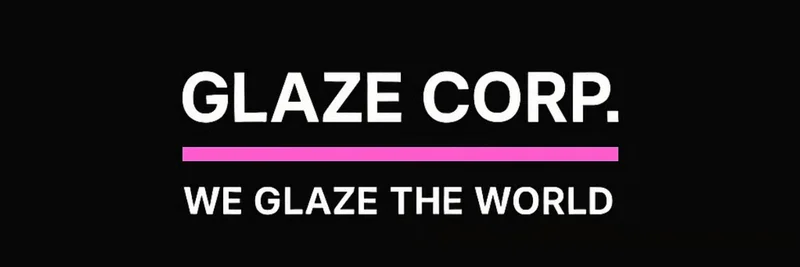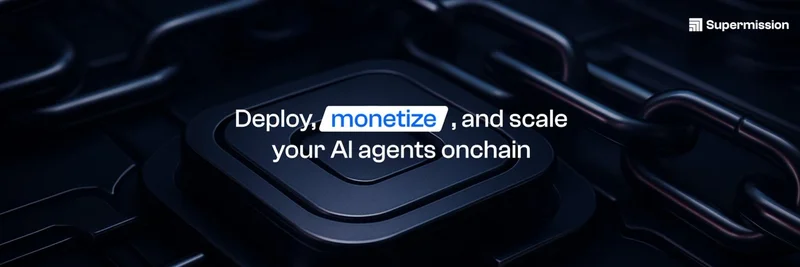Hey there, crypto enthusiasts and blockchain practitioners! If you’ve been keeping an eye on the tech world, you’ve probably heard the buzz around Nvidia’s H20 AI chips and the security concerns raised by Chinese state media. Posted by MartyParty on X, this story is heating up the U.S.-China tech rivalry, and it’s worth digging into—especially if you’re into meme tokens or the broader blockchain ecosystem where AI plays a growing role.
What’s the H20 Chip Controversy All About?
The drama kicked off when Chinese state media, including outlets like People’s Daily, started sounding the alarm about Nvidia’s H20 AI chips. They’re alleging that these chips might have “backdoors”—hidden features that could let the U.S. government track devices, pinpoint locations, or even shut them down remotely. This isn’t just a random accusation; it’s tied to a July 31, 2025, meeting where China’s Cyberspace Administration summoned Nvidia to explain these potential risks.
Imagine buying a high-tech gadget only to find out it might be spying on you or could be turned off by someone halfway across the globe. That’s the kind of worry China is flagging, and it’s urging consumers to boycott the H20 chips, calling them “Trojan horses” with U.S. backdoors. This move reflects a deeper distrust in American tech, fueled by the ongoing tech cold war between the two superpowers.
The Bigger Picture: U.S.-China Tech Rivalry
This isn’t just about one chip—it’s part of a larger battle. The U.S. has been tightening export controls on advanced tech, including AI chips, to limit China’s AI development. Recently, though, the U.S. allowed Nvidia to resume H20 chip sales to China, reversing a ban from April 2025. China suspects this comes with strings attached—maybe a way for the U.S. to keep tabs on its AI progress. In response, China is demanding “convincing security proofs” from Nvidia to keep its market access alive.
For those of us in the blockchain space, this is a reminder of how interconnected tech and geopolitics are. AI is becoming a key player in analyzing blockchain data, powering meme token trends, and even enhancing security protocols. Any disruption here could ripple through our ecosystem.
What’s Nvidia Saying?
So far, Nvidia hasn’t directly responded in the X thread or the provided sources. But according to CNBC, Nvidia has denied these backdoor claims, insisting its chips are secure. This silence on X might be strategic, as the company navigates pressure to protect its hefty 13% revenue slice from China (per Washington Post). With no clear rebuttal yet, the speculation continues to grow.
Why Should Blockchain Fans Care?
If you’re into meme tokens or blockchain tech, this story matters. AI chips like the H20 are the backbone of cutting-edge applications—think predictive analytics for token trends or decentralized AI models. A security scandal could shake investor confidence, affect supply chains, or even push China to double down on its own chip development (as noted by TIME). With China already producing top AI researchers, this could shift the global tech landscape, impacting projects we follow on meme-insider.com.
The X Community Weighs In
The replies to MartyParty’s post are a mixed bag. Some, like Satosol, see this as the “tech cold war heating up,” while others, like Gone Galt, shrug it off as “standard fare” for U.S. tech. There’s even some off-topic chatter about stock tips (e.g., Derya Eke), but the core sentiment leans toward skepticism about U.S. tech trustworthiness.
What’s Next?
As of 05:40 AM JST on August 11, 2025, we’re still waiting for Nvidia’s next move. Will they provide the proof China demands? Or will this escalate into a full-blown trade spat? For blockchain practitioners, staying updated is key. Keep an eye on meme-insider.com for the latest tech news and how it might influence your favorite meme tokens.
This saga is a wild ride, blending AI innovation with international intrigue. What do you think—legit concern or geopolitical posturing? Drop your thoughts below!




